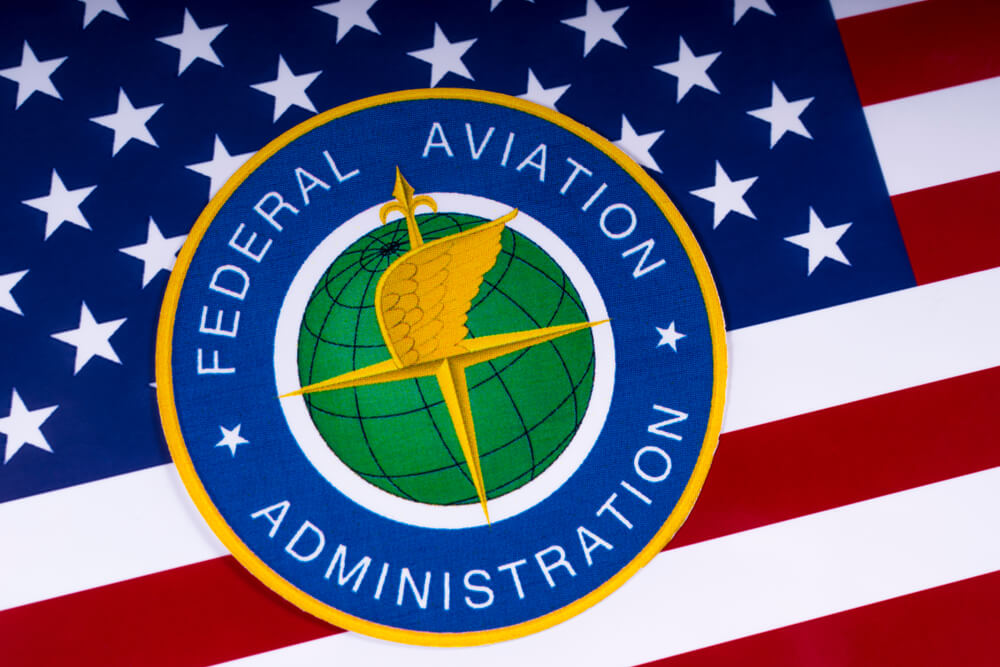The two fatal Boeing 737 MAX accidents shook the aviation industry to its core, when two newly delivered jets plunged to the ground, claiming 347 lives. Changes were bound to come, as Boeing and the Federal Aviation Administration (FAA) were heavily scrutinized following the crashes. Now, two United States-based legislators have introduced a bill to put the FAA back in the driver’s seat of the certification process.
Introduced by Roger Wicker, a Republican from Mississippi, and Maria Cantwell, a Democrat from Washington, the bill, called the Aircraft Safety and Certification Reform Act of 2020, “would implement provisions to improve aviation safety based on lessons learned from the tragic Boeing 737 MAX crashes,” and make sure human factors are properly accounted for in the context of cockpit alerts.
The two ranking members have reviewed the accident reports, solicited recommendations from aviation experts, spoken to numerous parties that were indirectly involved in the two accidents, and introduced the bipartisan legislation to “to improve safety, especially as it relates to the manufacturing of passenger aircraft,” stated the announcement by the United States Senate Committee on Commerce, Science, and Transportation.
“This bill makes it clear the FAA is in charge of the certification workforce and the approval process. Additionally, it requires the FAA to act on the National Transportation Safety Board’s (NTSB) recommendations on new safety standards for automation and pilot training,” remarked Cantwell.
Huge emphasis on FAA processes
The legislature puts the FAA‘s processes under a magnifying glass, as reports shortly after the second Boeing 737 MAX crash in Ethiopia revealed an interesting relationship between the manufacturer and the agency. While the now-fired Chief Executive Officer of Boeing Dennis Muilenburg denied a “cozy” relationship between the two, the bill indicates that the FAA would have to repeal certification authorities that allowed the administration to delegate more responsibilities to the manufacturers themselves.
The importance of Safety Management Systems (SMS) was emphasized, as the bill would mandate aircraft and engine manufacturers to use SMSs. The FAA already indicated in May 2020, that it planned to enforce manufacturers to use the systems. As part of another change, the agency would approve the members of Organization Designation Authorization (ODA).
If the legislation passed Congress, it would require the development of “best practices for ODAs, including those that would ensure any reports of undue pressure or regulatory coziness are addressed,” and would prohibit ODA members to come directly into contact with FAA’s inspectors.
Importantly, the bill also addressed one of the main criticisms of the United States government: the under-funding of the FAA, as it would “provide funding authorization for the FAA to hire specialized technical staff” in order to assist the development of technological standards in certification.
Furthermore, the administration’s employees would have the opportunity to report any concerning issues about an aircraft’s design during the certification process. Whistleblower protections would also be extended from airline employees to the people that work deeper down in the supply chain.

